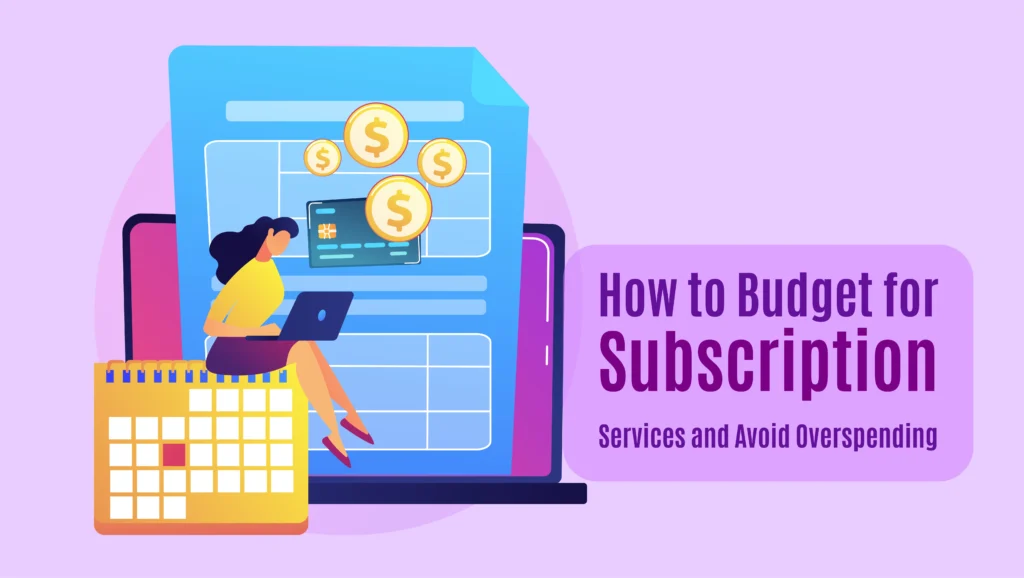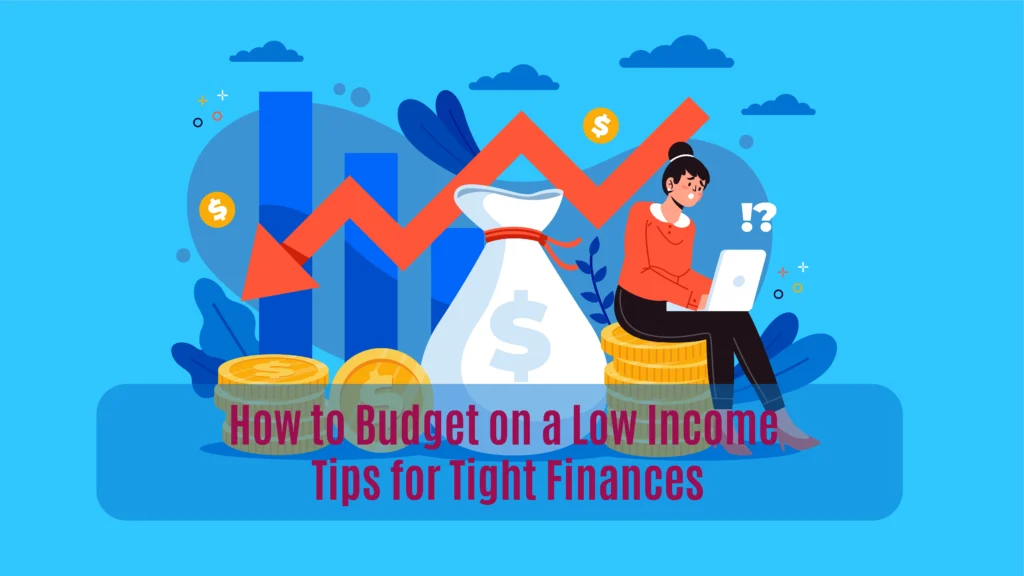The Entrepreneur’s Guide to Building a Personal Brand
In today’s competitive business landscape, building a personal brand is no longer a luxury for entrepreneurs—it’s a necessity. A strong personal brand not only helps establish your credibility but also sets you apart in your industry. Whether you’re just starting out or scaling a business, your personal brand can be a powerful tool that attracts clients, investors, and opportunities. As an entrepreneur, you are your brand, and how you present yourself to the world can significantly impact the success of your business.
In this guide, we’ll explore how entrepreneurs can define, build, and sustain a personal brand that reflects their values, resonates with their audience, and helps grow their business. We’ll cover everything from crafting a compelling brand story to creating an online presence and measuring your brand’s success.

Why a Personal Brand is Important for Entrepreneurs
For entrepreneurs, a personal brand goes beyond a polished image or a curated social media presence—it’s about reputation, trust, and influence. A personal brand allows you to control the narrative around your expertise, values, and contributions. It defines how people perceive you, whether they’re potential customers, business partners, or investors.
In a world where consumers and clients increasingly value authenticity and personal connection, having a well-established personal brand can be the deciding factor in whether people choose to work with you. It positions you as a thought leader in your industry, builds trust, and humanizes your business.
How a Strong Personal Brand Drives Opportunities
A strong personal brand is a magnet for opportunities. Entrepreneurs with well-defined personal brands tend to attract partnerships, speaking engagements, media attention, and clients who align with their vision and values. When you’re visible, trusted, and seen as an expert, opportunities often come to you, reducing the need for traditional marketing efforts.
Moreover, a solid personal brand can help in securing funding. Investors often look for founders who are not only knowledgeable but also have a clear personal identity that reflects confidence, leadership, and vision. Your personal brand, when done right, becomes a critical asset that amplifies your business’s success.
Defining Your Personal Brand
Identifying Your Core Values and Mission
Before you start building your personal brand, you need to define your core values and mission. These are the guiding principles that will shape every decision you make and how you present yourself to the world. Start by asking yourself:
- What do I stand for?
- What motivates me as an entrepreneur?
- What impact do I want to have on my industry or the world?
Your core values are non-negotiable principles that should resonate with your audience and be reflected in your personal brand. If your brand is misaligned with your values, it will come across as inauthentic, making it harder to build trust with your audience.
Understanding Your Unique Selling Proposition (USP)
Your Unique Selling Proposition (USP) is what sets you apart from others in your industry. It’s the answer to the question: Why should someone choose you over someone else?
To define your USP, think about:
- What unique experiences or skills do I bring to the table?
- What problems do I solve that others struggle with?
- What’s my approach to solving these problems?
For example, if you’re an entrepreneur in the tech industry, your USP could be your ability to simplify complex technical concepts for non-technical audiences. By identifying your USP, you’ll have a clear message that differentiates your brand in a crowded marketplace.
Aligning Personal and Professional Identity
Consistency is key when it comes to personal branding. Your personal and professional identity must align, meaning the way you present yourself in your business should reflect who you are in your everyday life. If there’s a disconnect between your personal brand and how you operate your business, it can create confusion and erode trust with your audience.
For instance, if your brand promotes transparency and honesty, but your business lacks these qualities, people will quickly notice the inconsistency. The most successful personal brands are those that feel authentic, where the entrepreneur’s personal values align with their business practices.
Creating a Compelling Brand Story
Crafting an Authentic Brand Narrative
Your brand story is the foundation of your personal brand. It’s the narrative you create about who you are, what you do, and why it matters. A compelling brand story draws in your audience by humanizing your journey and making your mission relatable.
To craft your brand story, consider:
- What experiences led you to where you are today?
- What challenges have you overcome?
- How have those experiences shaped your business philosophy?
Your brand narrative should be authentic and unique to you. Entrepreneurs who share personal insights and vulnerabilities often create deeper connections with their audience because they show that success is a journey, not an overnight achievement.
Sharing Your Journey
Entrepreneurs often think they need to present a perfect image, but sharing the ups and downs of your journey can make your brand more relatable. Highlighting both your successes and your failures shows resilience and determination, which are qualities people admire.
For example, if you faced setbacks while launching your startup, sharing how you navigated those challenges can inspire others. It also demonstrates that you have the experience to handle adversity, which builds credibility.
The Power of Emotional Connection
People don’t connect with businesses—they connect with people. By weaving emotion into your brand story, you create a personal connection with your audience that goes beyond transactions. Whether it’s sharing the passion that drives your business or the personal reasons behind why you started your company, emotional storytelling can turn casual followers into loyal advocates.
For example, if you’re passionate about sustainability and started your company to combat environmental issues, sharing this passion helps your audience understand your deeper motivations. When people feel emotionally connected to your story, they are more likely to support your brand.
≫ Related Post: 7 Signs You’re Ready to Be an Entrepreneur
Building a Consistent Online Presence
Choosing the Right Social Media Platforms
A strong personal brand relies on an active and consistent online presence. However, being present on every platform isn’t necessary. The key is to select the platforms that align with your audience and business goals. Consider where your target audience spends most of their time. For instance:
- LinkedIn is ideal for building a professional network, sharing industry insights, and establishing thought leadership.
- Instagram works well for entrepreneurs in creative industries, where visual content and storytelling are central to their brand.
- Twitter is great for entrepreneurs who want to engage in real-time conversations and share quick updates.
Once you’ve chosen the right platforms, consistency is critical. Regularly posting, engaging with your audience, and sharing valuable content ensures that your personal brand stays top of mind.
Creating Consistent Visual and Verbal Identity
Your visual identity (logo, colors, fonts) and verbal identity (tone, style, messaging) must be consistent across all channels. This ensures that your audience recognizes your brand no matter where they interact with you.
- Visual identity: Use the same logo, colors, and fonts across all social media platforms, websites, and marketing materials to create a cohesive brand image.
- Verbal identity: Whether you’re writing a blog post or engaging on social media, your tone of voice should reflect your brand’s personality. Are you formal, conversational, or humorous? Consistency in tone builds familiarity and trust.
Content Strategy for Personal Branding
Sharing Expertise and Insights
Your content is the vehicle through which you establish yourself as an expert. Whether through blog posts, social media updates, or videos, sharing valuable insights can position you as a thought leader in your field.
For example, an entrepreneur in digital marketing might regularly share tips on how businesses can improve their online presence. By consistently offering value, you’ll build credibility and become a go-to resource for your audience.
Engaging with Your Audience
Building a personal brand is not just about pushing content—it’s about engaging with your audience. Respond to comments, participate in conversations, and show that you’re approachable and invested in your community.
Engagement helps humanize your brand and shows that you care about your audience’s needs and opinions. It also creates opportunities to build deeper relationships, which can lead to new partnerships or business opportunities.
Leveraging Networking and Public Speaking
Networking with Intent
Networking is a powerful way to build and reinforce your personal brand. But networking isn’t just about attending events—it’s about building meaningful relationships. Identify key people in your industry, from potential mentors and collaborators to influencers, and approach them with genuine interest.
When networking, always add value. Instead of asking for something right away, offer advice, resources, or support. Over time, these connections will become advocates for your personal brand, helping you expand your influence and reputation.
Public Speaking as a Personal Branding Tool
Public speaking is one of the most effective ways to establish yourself as a thought leader. Whether it’s speaking at industry conferences, hosting webinars, or delivering workshops, public speaking gives you a platform to showcase your expertise and connect with a wider audience.
When you speak in public, your audience sees you as an authority in your field. The more you speak, the more visibility and credibility your personal brand gains. Additionally, speaking engagements often lead to media coverage and social media exposure, further amplifying your brand.
Measuring the Success of Your Personal Brand
Setting Personal Brand Goals
Like any business initiative, building a personal brand requires setting measurable goals. These goals could include increasing your online following, growing your engagement rates, or landing a specific number of speaking engagements.
Set clear, actionable goals that align with your broader business objectives. For example, if you’re looking to attract new clients, your goal might be to increase website traffic by 30% through social media over the next quarter.
Tracking Online Engagement and Growth
To measure your brand’s success, track key metrics such as:
- Social media engagement: Likes, shares, comments, and follower growth.
- Website traffic: The number of visitors, page views, and time spent on your website.
- Conversions: How many followers or visitors are converting into clients, customers, or leads.
Use analytics tools like Google Analytics, social media insights, and email marketing software to monitor your progress. Regularly reviewing these metrics will help you understand what’s working and where you need to adjust your strategy.
Adjusting Your Brand Strategy Over Time
Personal branding is not static—it evolves over time. As your business grows, so should your brand. Regularly evaluate your brand’s performance and make adjustments based on feedback and changes in your industry.
If certain content resonates with your audience more than others, double down on that type of content. If your audience shifts, adjust your messaging to reflect new trends or preferences. Flexibility is key to keeping your brand relevant and impactful.
Conclusion: Maintaining and Growing Your Personal Brand
As your brand grows, it’s important to stay true to the values and mission that initially defined it. Authenticity breeds trust, and consistency ensures that your audience continues to recognize and engage with your brand over time.
Remember that building a personal brand is a long-term investment. It requires ongoing effort, but the rewards—stronger connections, more opportunities, and increased visibility—are well worth it.
Building a personal brand doesn’t happen overnight. It’s a process that evolves with you as both an individual and an entrepreneur. Stay committed to developing your brand over time, and it will continue to serve as a powerful tool that drives growth, opportunities, and success.
















